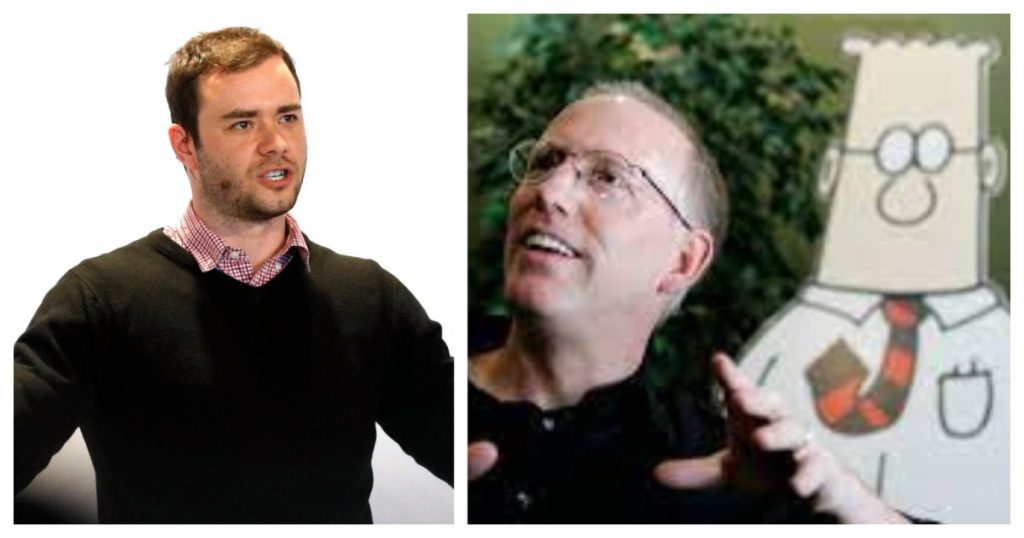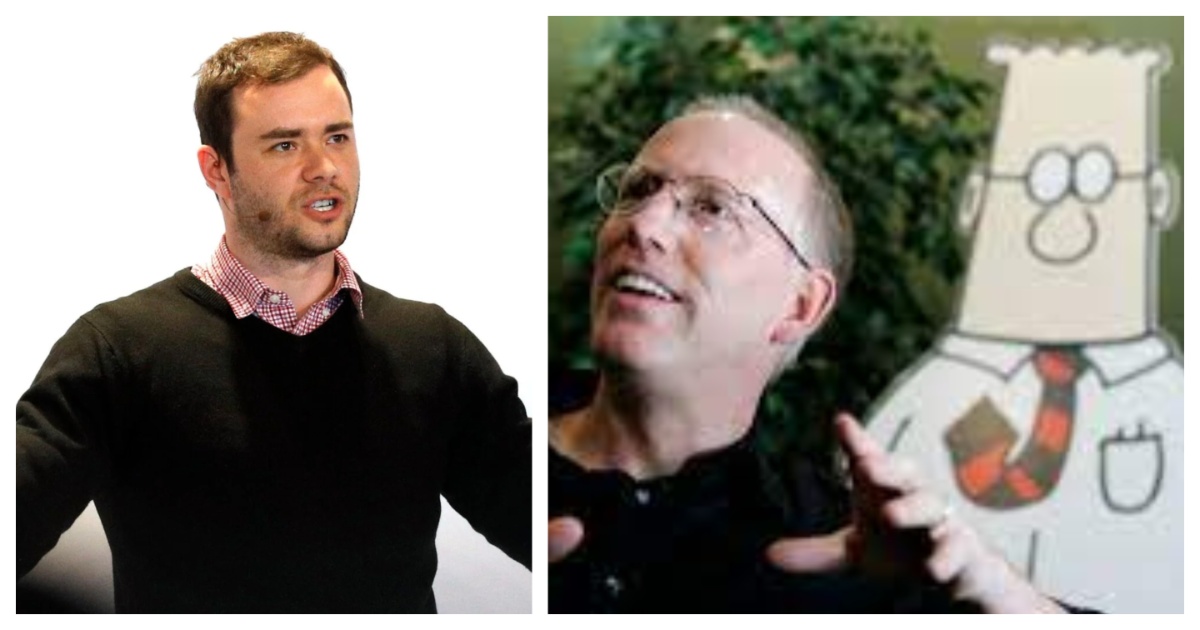AI is becoming rapidly better at all kind of white-collar jobs ranging from coding to investment banking, but there’s an area where it appears that it still has a long way to go — being funny.
Former Tesla Director of AI and OpenAI executive Andrej Karpathy today said that Grok-3, the latest model released by xAI, wasn’t great at humour. “Sadly the model’s sense of humor does not appear to be obviously improved,” he wrote on X. “This is a common LLM issue with humor capability and general mode collapse, famously, e.g. 90% of 1,008 outputs asking ChatGPT for joke were repetitions of the same 25 jokes. Even when prompted in more detail away from simple pun territory (e.g. give me a standup), I’m not sure that it is state of the art humor. Example generated joke: “*Why did the chicken join a band? Because it had the drumsticks and wanted to be a cluck-star!*”. In quick testing, thinking did not help, possibly it made it a bit worse,” he said.

This prompted a detailed response from Scott Adams, the creator of the hit office cartoon Dilbert. “The “hidden” problem is that humor depends on the personality of the humorist,” Scott Adams wrote on X. “If fiction, it depends on the personality of the character, e.g. Dilbert. AI has no personality, no quirks, no selfishness. You need flawed characters for humor,” he said.
“The best jokes involve a thought that lots of people have had, but no one has put into words. AI can’t train on thoughts. If it trains on jokes already common, it is boring. AI is not allowed to be edgy, mildly offensive, or dangerous. Some forms of humor work best when you can’t believe the comedian “went there.”,” he explained.
“Lots of humor depends on stories that happened to the person telling the joke. Those stories can be about super weird human encounters because reality is often super weird. AI has no personal stories, and if it did, it wouldn’t know how to do “super weird” that still feels like reality to people,” Adams added.
“When I write humor for Dilbert, my brain cycles through a long list of possible topics and punchlines. I know I have a winner when my body “feels” the joke, as in literally makes me laugh as I write it. AI can’t feel a joke. What’s left that AI can do? Word play, puns, and reheated dad jokes. That’s it,” he said.
It’s an extremely well-reasoned out argument. Scott Adams broke down why things were funny, and reasoned why AI couldn’t yet be funny — AI didn’t have a quirky personality, and it didn’t have access to unwritten thoughts and ideas that are often the basis of humour. Also, AI has no emotions, so can’t accurately know what will make people laugh. And while all manner of procedural jobs, like coding and medicines, risk being disrupted by AI, it appears that comedians might put up a bigger fight in the upcoming AI revolution.
